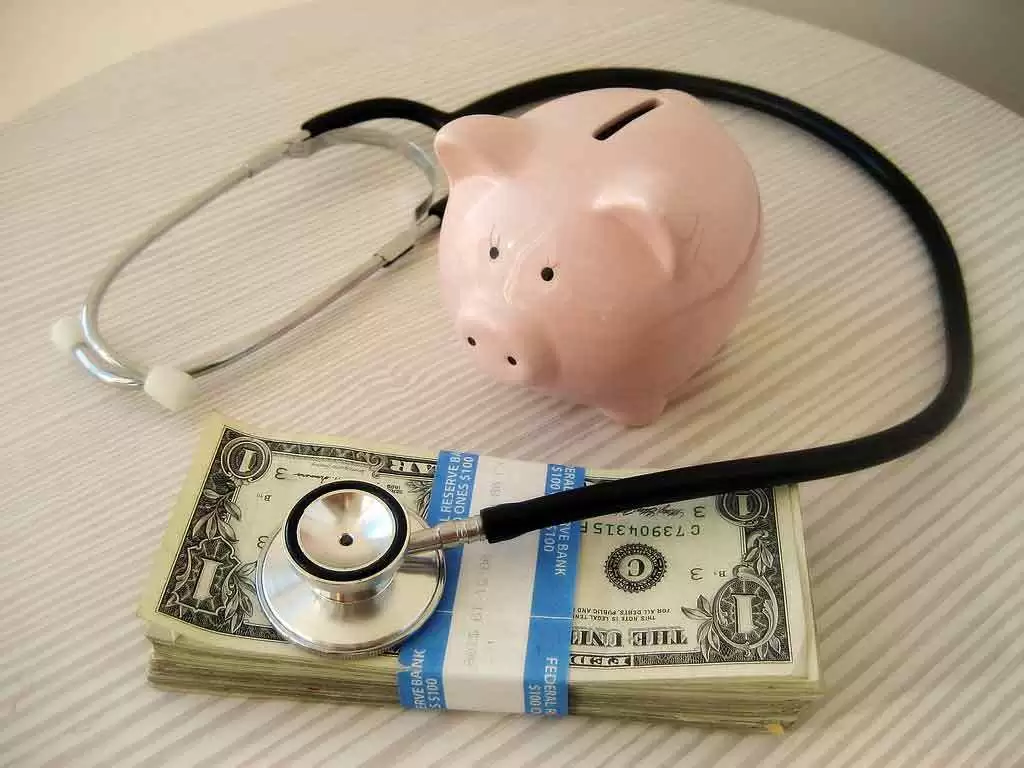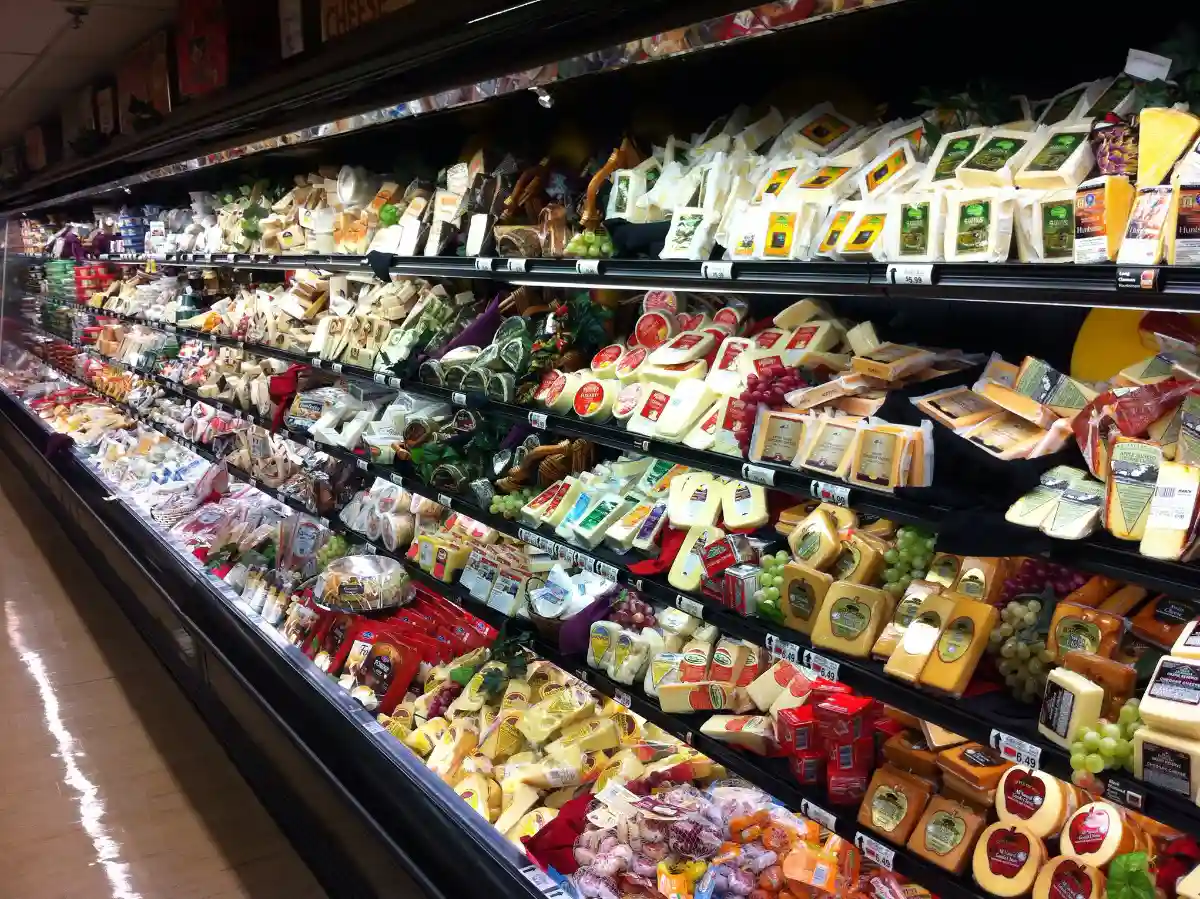Celiac.com 07/30/2024 - Andrew Bloodworth, a father diagnosed with celiac disease, faced a heartbreaking choice: to either afford food for his children or maintain his gluten-free diet. His story highlights the financial strain celiac disease imposes on individuals and families and explores the findings of a recent report by Coeliac UK.
The Cost of a Gluten-Free Diet
Andrew Bloodworth discovered he had celiac disease shortly after his 40th birthday, following a sudden collapse that required hospitalization. Celiac disease is a serious autoimmune condition triggered by consuming gluten, a protein found in wheat, barley, and rye. For those with celiac disease, adhering to a strict gluten-free diet is essential to avoid severe health complications. However, the cost of gluten-free products is significantly higher than their gluten-containing counterparts.
Celiac.com Sponsor (A12):
A recent study by Coeliac UK revealed that people with celiac disease spend up to 35 percent more on their weekly food shopping. This financial burden led Andrew to make the difficult decision to consume gluten despite knowing it would harm his health. As a father of seven, including three children living at home, Andrew prioritized his children's needs over his dietary restrictions.
Personal Sacrifice for Family
Andrew explained the financial dilemma he faced: "I just couldn’t justify spending £3 on a loaf of gluten-free bread for me when I needed a loaf for my children which cost 95p. I could effectively get three of their loaves for the price of one of mine." This stark price difference forced him to eat gluten-containing foods, causing him severe physical discomfort and long-term health risks.
His eight-year-old son has autism and special dietary needs, adding another layer of complexity to their food budget. Andrew's decision to consume gluten was driven by his responsibility as a parent: "In the past, I always prioritized my children and made sure there was food on their plate before justifying the extra spend on gluten-free food."
The Impact of Gluten Consumption
Eating gluten for someone with celiac disease is not just uncomfortable but dangerous. Andrew experienced severe nausea, diarrhea, and intense stomach pain. Beyond these immediate symptoms, consuming gluten poses long-term health risks, including osteoporosis and an increased risk of certain cancers. "With celiac disease, if you are consuming gluten, it is forcing your intestines to react to that and the more they react, the more chance of them mutating into things like cancer," Andrew said.
Support and Solutions
After his diagnosis, Andrew received little guidance on managing his condition. He only learned about the availability of gluten-free prescriptions a year later, which he found life-changing. These prescriptions allow him to receive gluten-free bread, pizza bases, and pasta, significantly easing his financial burden. However, the availability of these prescriptions varies across England, creating a postcode lottery for those with celiac disease.
Tristan Humphreys, head of advocacy at Coeliac UK, emphasized the necessity of gluten-free products for those with celiac disease: "People with celiac disease don’t choose to eat gluten-free food – it’s the only treatment for their condition." He urged the government and food industry to address the affordability and accessibility of gluten-free products.
Conclusion: Why This Matters
Andrew Bloodworth's story underscores the harsh realities faced by individuals with celiac disease, especially those with limited financial resources. The significant cost difference between gluten-free and gluten-containing products forces many to make impossible choices. The findings from Coeliac UK's study highlight the urgent need for better support systems, including more consistent access to gluten-free prescriptions and affordable gluten-free products.
For those with celiac disease, these issues are not just about convenience but about health and quality of life. Advocacy and policy changes are essential to ensure that people with celiac disease can manage their condition without sacrificing their well-being or that of their families.
Read more at: inews.co.uk









Recommended Comments
Create an account or sign in to comment
You need to be a member in order to leave a comment
Create an account
Sign up for a new account in our community. It's easy!
Register a new accountSign in
Already have an account? Sign in here.
Sign In Now